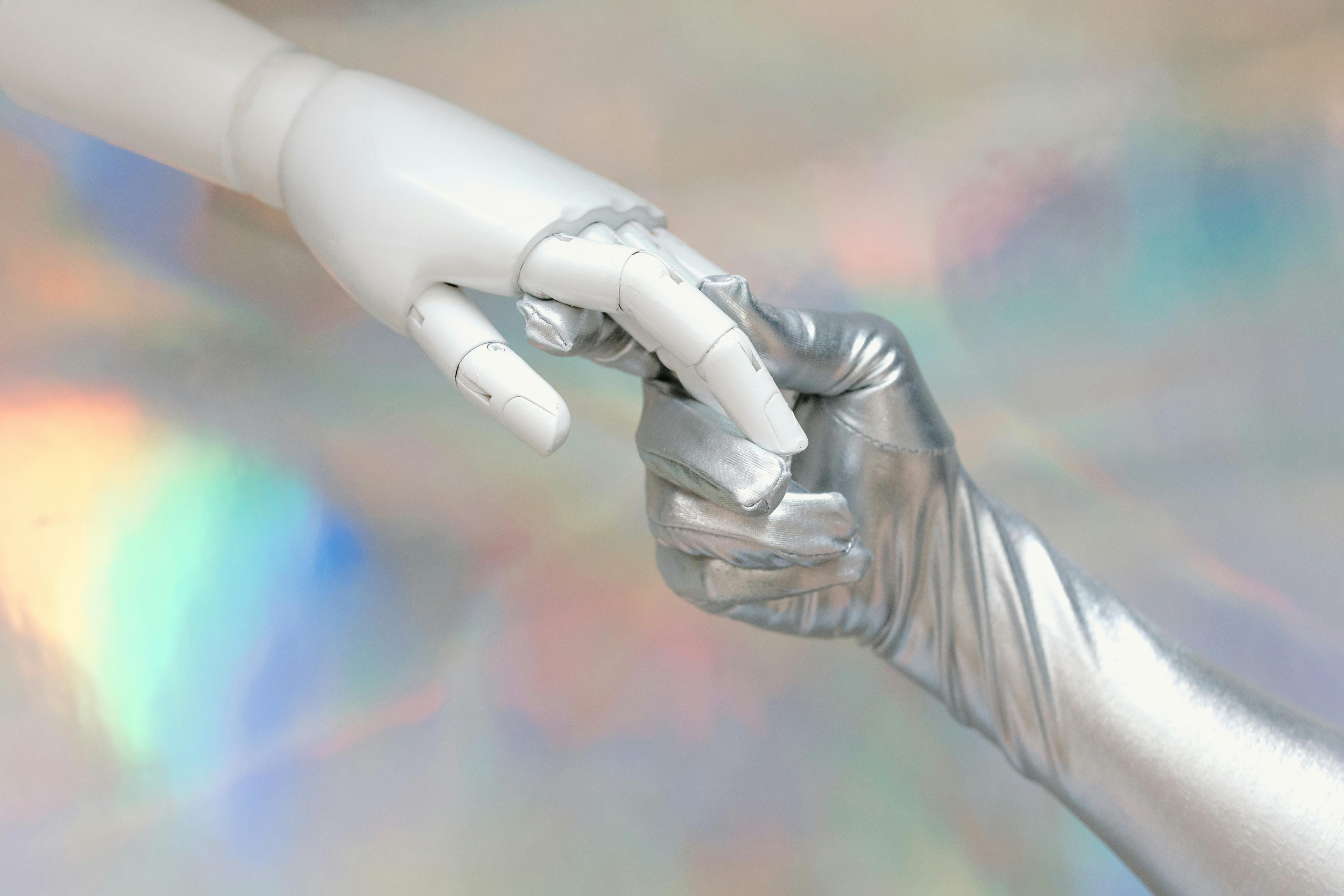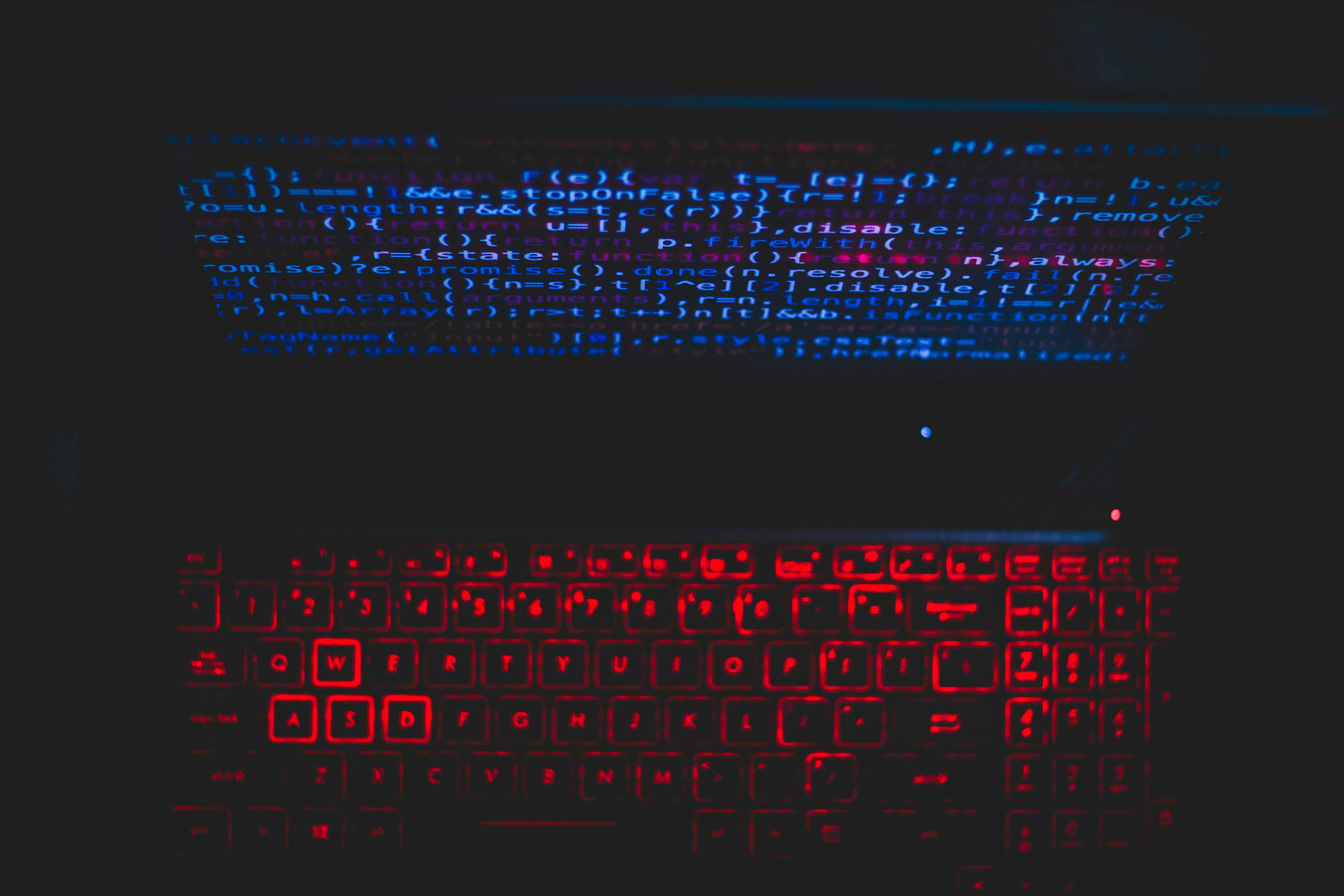AI Cybersecurity in 2025: Smart Defense for a Digital Pakistan
Introduction
By 2025, artificial intelligence (AI) is changing how digital assets are protected in Pakistan and around the world. Conventional cyber defenses are no longer sufficient. AI is now essential for staying ahead of changing cyberthreats, from automated incident response to predictive threat detection.
The ways AI is changing cybersecurity are examined in detail in this article, which also highlights national policies, tools, trends, and innovative opportunities for Pakistan's digital future.
1. Why AI in Cybersecurity Matters
AI assists in anticipating threats. AI can scan millions of signals using machine learning to find odd patterns before a human does.
Advantages consist of:
- Monitoring threats in real time
- Fraud detection and phishing
- Automated reaction to assaults
2. AI Cybersecurity Landscape in Pakistan
Cybersecurity is a top priority in Pakistan's first official AI policy, which was introduced in 2025. AI-powered solutions for data security and customer protection are currently being adopted by government agencies, financial institutions, and private businesses.
Instances of active implementation include
- AI is being used by banks such as HBL and UBL to identify fraudulent activity.
- AI is being used by e-commerce sites such as Daraz to secure transactions.
- National CERT now uses smart threat detection to keep an eye on government projects.
3. Key AI Tools in Cybersecurity
Threat Predictive Identification
AI can use historical data to forecast impending cyberattacks. It keeps an eye on traffic patterns and flags anything questionable before it becomes dangerous.
AI Chatbots to Prevent Scams
These days, AI chatbots are taught to recognize phishing attempts, phony profiles, and scam links. Even Pakistani telecom companies use these bots.
Firewalls for neural networks
Neural network-based smart firewalls adapt to the actions of hackers, making systems far more difficult to compromise.
4. Real-Life Example: AI Stops Banking Fraud
In January 2025, a major bank in Pakistan used an AI detection model to stop a phishing scam. In less than two minutes, the system identified more than 3,000 bogus emails. Those attacks might have cost millions of dollars if AI hadn't been used.
5. Threats AI Can’t Handle Alone
Cybersecurity still needs human oversight, even with AI. AI is now used by hackers to produce:
- Deepfakes to deceive users
- Phishing emails produced by AI
- AI-camouflaged malware that can conceal itself
For this reason, companies continue to require skilled analysts and ethical hackers.
6. Future of AI Cyber Defense in Pakistan
Training more cybersecurity experts who are capable of working with AI systems is Pakistan's next move. Students and government workers are being prepared in AI-based cybersecurity through programs such as ComTech-2025.
 |
| AI + Human = Strongest Cyber Defense |
FAQs
Q: Can AI fully stop hackers?
No, but it can detect attacks faster and reduce damage. Human experts are still needed.
Q: Is AI used in Pakistan’s banking sector?
Yes, most top banks now use AI to prevent online fraud and identity theft.
Final Thoughts
AI is not only the way of the future; it is already transforming the way we protect our systems, data, and national security. Pakistan is making significant progress in its transition to a digitally secure country. However, in order to reap the full benefits of AI, we need to keep investing in ethical AI tools, training experts, and being vigilant about online threats.
Want to explore how AI detects threats? Check out this global case study from IBM:
Call to Action
Do you think AI is the answer to modern cybersecurity?
Drop your thoughts below in the comments!


Comments